Ⓒ 2023 Kyligence, Inc. All rights reserved.

Introduction
Are you ready to take your business to new heights? In today's competitive landscape, achieving your business goals requires more than just hard work and determination. It demands a strategic approach backed by data-driven insights.
That's where Key Performance Indicator (KPI) metrics come into play. By tracking the right KPIs, you can gain valuable insights into your business's performance and make informed decisions to drive growth and success.
But with so many business KPI metrics out there, which ones should you focus on? In this blog post, we will explore the 7 must-track business KPI metrics that you simply can't afford to ignore if you want to crush your goals. Let's dive in!
Understanding the Significance of Business KPI Metrics
1. What are KPI metrics?
KPI metrics, or Key Performance Indicator metrics, are quantifiable measures that help businesses track and evaluate their progress towards achieving specific objectives.
These metrics provide valuable insights into various aspects of a business's performance, and allow managers and decision-makers to assess their current standing and make informed decisions for future growth.
The purpose of KPI metrics is to provide a clear understanding of how well a business is performing in relation to its goals, enabling stakeholders to identify areas that require improvement or optimization.
2. Why are KPI metrics important?
Tracking business KPI metrics is crucial for several reasons.
Firstly, they provide tangible benchmarks against which businesses can measure their performance and progress over time. By setting specific targets and monitoring relevant KPIs, companies can assess whether they are on track to achieve their desired outcomes.
Secondly, KPI metrics drive decision-making by providing objective data that guides strategic choices. Instead of relying on gut feelings or assumptions, businesses can use these metrics to make data-driven decisions that have a higher likelihood of success.
Moreover, tracking KPI metrics helps improve business efficiency and effectiveness. By identifying areas where performance may be lacking or falling short of expectations, companies can take proactive measures to address issues and optimize processes. This leads to increased productivity, streamlined operations, and ultimately better overall performance.
7 Must-Track Business KPI Metrics
To effectively monitor and manage your business's performance, it's essential to track key metrics that provide valuable insights into various aspects of your operations.
Here are the 7 must-track business KPI metrics that can help you crush your goals.
1. Revenue Growth Rate
The revenue growth rate measures the percentage increase in a company's revenue over a specific period. Calculating and interpreting this metric allows you to assess the success of your sales efforts and overall business performance.
Tracking revenue growth is crucial for identifying trends, evaluating the effectiveness of marketing strategies, and making informed decisions to drive future growth.
2. Customer Acquisition Cost (CAC)
Customer Acquisition Cost (CAC) refers to the average cost incurred by a business to acquire a new customer. Understanding CAC and its impact on profitability is vital for optimizing marketing and sales strategies. By analyzing CAC, you can identify opportunities to reduce costs, improve customer targeting, and increase customer lifetime value.
3. Customer Churn Rate
Customer churn rate measures the percentage of customers who stop using your products or services over a given period. Reducing customer churn is critical for sustainable growth as retaining existing customers is often more cost-effective than acquiring new ones.
By measuring and analyzing churn rate, you can identify potential issues, implement retention strategies, and enhance customer satisfaction.
4. Gross Profit Margin
Gross profit margin represents the percentage of revenue left after deducting direct production costs. It provides insights into pricing strategies, cost management, and overall profitability. Analyzing gross profit margin helps businesses optimize pricing structures, control expenses, and maximize profitability.
5. Return on Investment (ROI)
Return on Investment (ROI) measures the profitability of an investment relative to its cost. Evaluating ROI allows businesses to assess the success of their investments in areas such as marketing campaigns or new product development. By tracking ROI, you can make informed decisions about resource allocation and prioritize investments that generate the highest returns.
6. Website Conversion Rate
Website conversion rate measures the percentage of visitors who take a desired action on your website, such as making a purchase or filling out a form.
Improving website conversion rate is crucial for driving online sales and achieving marketing objectives. By analyzing this metric, you can identify areas for improvement in user experience, optimize landing pages, and increase conversions.
7. Employee Productivity
Employee productivity measures the output or value generated by employees within a given period. Monitoring and boosting employee productivity is essential for maximizing operational efficiency and overall business performance.
By setting clear goals, providing training and support, and implementing performance measurement systems, you can enhance employee productivity and drive success.
By tracking these 7 must-track business KPI metrics, you can gain valuable insights into various aspects of your business's performance. These metrics provide a comprehensive view of your operations, enabling you to make data-driven decisions that will help you crush your goals.
Conclusion
Monitoring key performance indicator (KPI) metrics is crucial for achieving your business goals. By tracking and analyzing these metrics, you can gain valuable insights into your business's performance, identify areas for improvement, and make informed decisions to drive growth and success.
To delve deeper into data insights and effectively track KPI metrics, consider utilizing data analytics tools like Kyligence. With its advanced capabilities, Kyligence can provide you with deep insights into your data, and enable you to uncover hidden patterns, trends, and opportunities that can propel your business forward.
Remember that continual tracking and analysis of KPI metrics are essential for long-term business success. By regularly monitoring these metrics and making data-driven adjustments to your strategies, you can stay on track towards crushing your goals and achieving sustainable growth.
Try Kyligence free today!
See Also
Improving Your Business Metrics Dashboard: Essential Optimization Techniques
Leveraging Your SaaS Metrics Dashboard: Crucial Metrics for Effective Tracking
Decoding Website Metrics: Tracking and Analyzing Your Data Effectively
Revealing Success: Essential Ecommerce Sales Metrics for Your Knowledge
